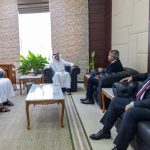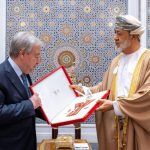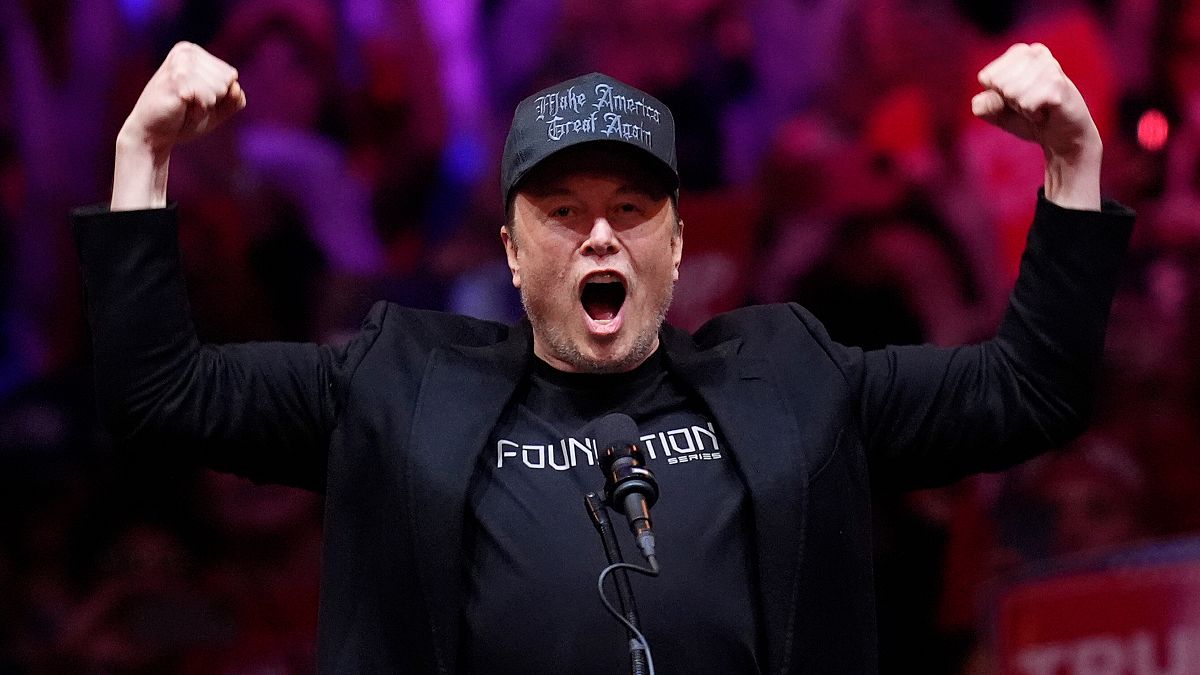Elon Musk’s recent guest opinion piece in the prominent German newspaper Die Welt has stirred controversy and backlash in Germany. In the article, Musk expressed his support for the far-right Alternative for Germany (AfD) party, defending it as the “last spark of hope” for the country. Despite being classified as a suspected extremist organization by Germany’s domestic intelligence agency, Musk argued that the AfD represents political realism rather than extremism.
The editorial sparked outrage among Die Welt’s staff, leading to the resignation of the opinion section editor, Eva Marie Kogel. Other journalists at the newspaper publicly criticized Musk’s piece, with many expressing concern over the timing of his endorsement of the AfD ahead of Germany’s upcoming snap election. With political leaders across the country united in rejecting any collaboration with the AfD, Musk’s support for the party has raised eyebrows and prompted a fierce debate within the media and political circles.
Musk’s justification for supporting the AfD focused on the party’s stance on energy, economic recovery, and migration, which he believes mirror the principles that have led to the success of his companies Tesla and SpaceX. However, his comparison of the AfD to his own organizations sparked further controversy and condemnation from journalists and politicians alike. The billionaire’s influence and public endorsement of a controversial political party have reignited discussions on the role of media in shaping public opinion and the responsibilities of influential figures in the public sphere.
The fallout from Musk’s guest opinion piece highlights the power dynamics at play when high-profile individuals publicly align themselves with contentious political movements. As Germany gears up for a crucial national election, the debate around the AfD’s place in the political landscape has intensified, with Musk’s intervention adding fuel to the fire. The resignation of Die Welt’s opinion section editor and the public outcry from journalists and politicians reflect the deep-seated divisions and tensions surrounding the AfD and its controversial positions.
Critics of Musk’s article argue that his support for the AfD at this particular moment could have significant ramifications, especially as the country prepares to head to the polls. The timing of his endorsement, amidst a charged political climate and widespread opposition to the AfD, has raised concerns about the potential impact of his words on public discourse and the democratic process. As the controversy continues to unfold, the role of media ethics, political responsibility, and the boundaries of free speech are once again under scrutiny in the digital age.











